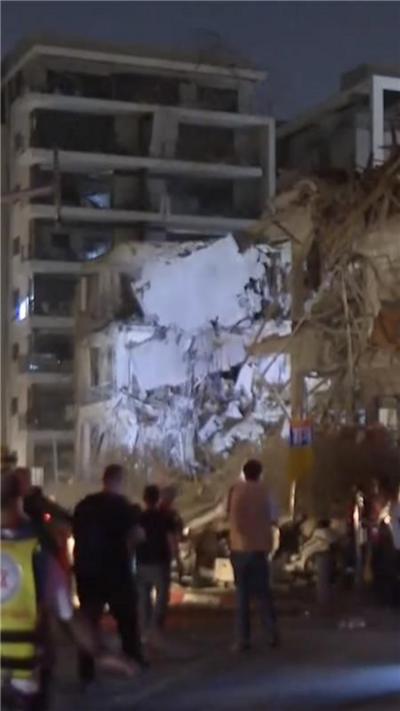Israel-Iran Tensions Escalate: What's at Stake and What Could Happen Next?

The escalating tensions between Israel and Iran are sending ripples of concern across the globe. What began as proxy conflicts and covert operations is now threatening to boil over into a direct confrontation, potentially destabilizing the Middle East and beyond. This article breaks down the current situation, the historical context, and the potential consequences of a wider conflict.
A History of Hostility
The animosity between Israel and Iran is deeply rooted in decades of political and ideological differences. Iran's 1979 Islamic Revolution brought a staunchly anti-Western and anti-Israel regime to power, fundamentally altering the regional landscape. Israel, on the other hand, views Iran's nuclear ambitions and support for militant groups like Hezbollah and Hamas as an existential threat.
Recent Escalations
Recent events have dramatically heightened tensions. The targeting of Iranian military facilities, attributed to Israel, has been met with retaliatory strikes. The situation is further complicated by Iran's increasingly sophisticated missile program and its growing influence in countries like Lebanon, Syria, and Yemen. Israeli officials have been actively lobbying the United States to intervene more decisively, including calls for the use of powerful bunker-busting bombs to cripple Iran's nuclear infrastructure. This pressure highlights the desire for a preemptive strike to neutralize what Israel perceives as an imminent threat.
The US Role and Concerns
The United States finds itself in a precarious position. While historically a strong ally of Israel, the US is wary of being drawn into a full-scale war with Iran. President Biden has repeatedly cautioned against escalation, emphasizing the need for de-escalation and diplomatic solutions. The US also faces significant domestic political considerations, with a divided public on the best approach to the conflict.
Potential Consequences
A direct military conflict between Israel and Iran would have devastating consequences. It could trigger a wider regional war, drawing in other countries like Lebanon, Syria, and potentially Saudi Arabia. The global economy would also suffer, with oil prices likely to skyrocket and supply chains disrupted. Furthermore, a protracted conflict could further destabilize the Middle East, creating a breeding ground for extremism and terrorism.
Diplomatic Efforts and the Path Forward
Despite the escalating tensions, diplomatic efforts continue. International mediators are working to de-escalate the situation and prevent a wider conflict. However, the deep-seated mistrust and animosity between Israel and Iran make a peaceful resolution extremely challenging. The path forward requires a combination of strong diplomacy, credible security guarantees, and a willingness from both sides to compromise. The alternative – a devastating war – is simply unthinkable.
Looking Ahead
The coming weeks and months will be critical in determining the future of the region. The actions of Israel, Iran, and the United States will shape the course of events. The world watches with bated breath, hoping for a peaceful resolution to this dangerous and complex conflict.






